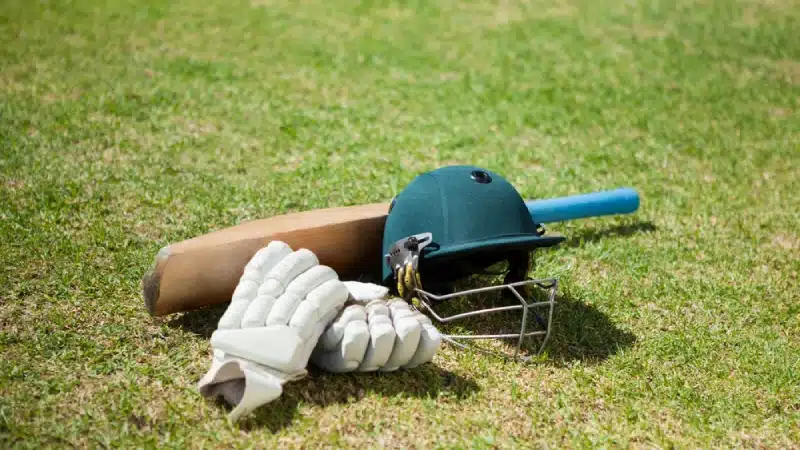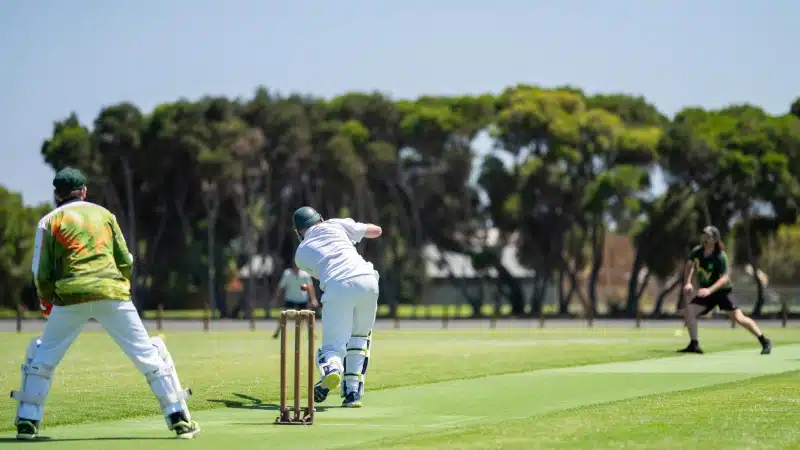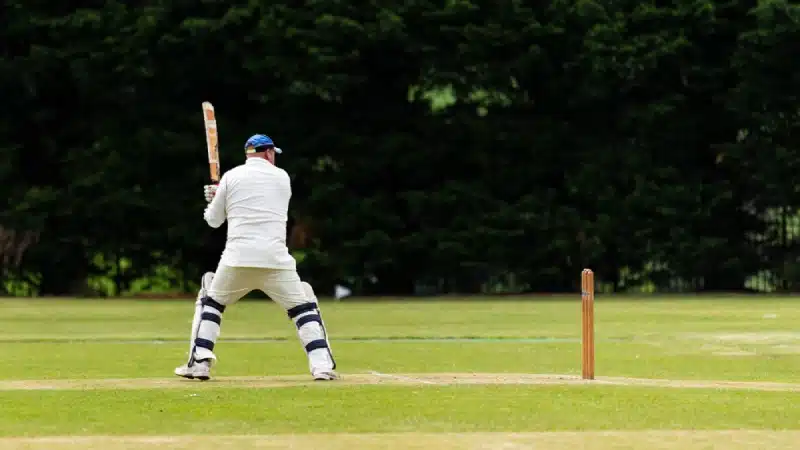
South African fans received a shocking news on Thursday night as Cricket South Africa was dismantled owing to maladministration and malpractices at several levels in the board, and cricket in the country was taken over by the government of South Africa.
The ideal aftermath is ICC banning South Africa from international cricket as it did for Zimbabwe and Nepal prior to this. Government interference in cricket administration is a strict no-no from ICC. South Africa's cricketers, present, future and the young school kids dreaming to be cricketers will likely be dealt a telling blow with this likely consequence.
South Africa faces international cricket ban as their national government has suspended Cricket South Africa (CSA) and has taken control of the sport in the nation. Under ICC rules government interference is liable to international ban.
— Shahid Hashmi (@hashmi_shahid) September 10, 2020
Here, we look beyond that and see what implications the ban on South Africa could have on their players and cricket in general.
An extra spot opening up in the world T20 2021
The top nine teams and hosts India qualified automatically for the 2021 T20 World Cup. Of these, the top eight teams make it to the Super 12s directly and this included South Africa. Sri Lanka and Bangladesh were left to play qualifiers alongside the six teams who had qualified for the tournament via the 2019 ICC T20 World Cup Qualifier - Netherlands, Papua New Guinea, Ireland, Namibia, Scotland and Oman. The top four from these teams and Sri Lanka and Bangladesh then advance to the Super 12s.
Now, the structure from the Super 12s is likely left untouched. So if South Africa miss out, Sri Lanka, ranked above Bangladesh, qualify automatically and Bangladesh play league games with the other six teams. This is one solution. The other is to have five teams qualify (instead of four) from the group stages.
All of this happens if South Africa still hasn't resolved issues and convinced the ICC of revoking the likely ban.
Players turning into freelance T20 cricketers
The party most affected by this are the South African players and their family. With cricket in the country always heading down this route in the last few years, several major players had already taken to Kolpaks or turned into freelance T20 cricketers. AB de Villiers was a major coup for T20 leagues once he quit international cricket to play these leagues and featured in the Big Bash League and Pakistan Super League.
Several players from the country could now go down this route, one that many young players have refrained from taking before because of the workload from international cricket too. Imran Tahir is another who has travelled the world to play in these T20 leagues. Now, a lot of younger Proteas international players too could be on the lookout for T20 league contracts.
Player migration to New Zealand
New Zealand could be the new England. We have heard of the stories of Colin de Grandhomme (from Zimbabwe), Devon Conway and Grant Elliott. While England was a favoured destination for South Africa players before with the Kolpak ruling, that is set to change by the end of the year and even the existing Kolpak players are likely left jobless unless the county integrates them as overseas players (which has a limit).
This could mean New Zealand is one country they could ponder moving to. The island nation has been more and more welcoming to immigrants and the recent recruitment of Devon Conway to the national setup - Conway, a migrant from South Africa, was awarded a contract before even making a debut after his domestic performances - offer hope for young South African cricketers looking to make a career in the sport.
Feature image courtesy: AFP / Sajjad Hussain




















